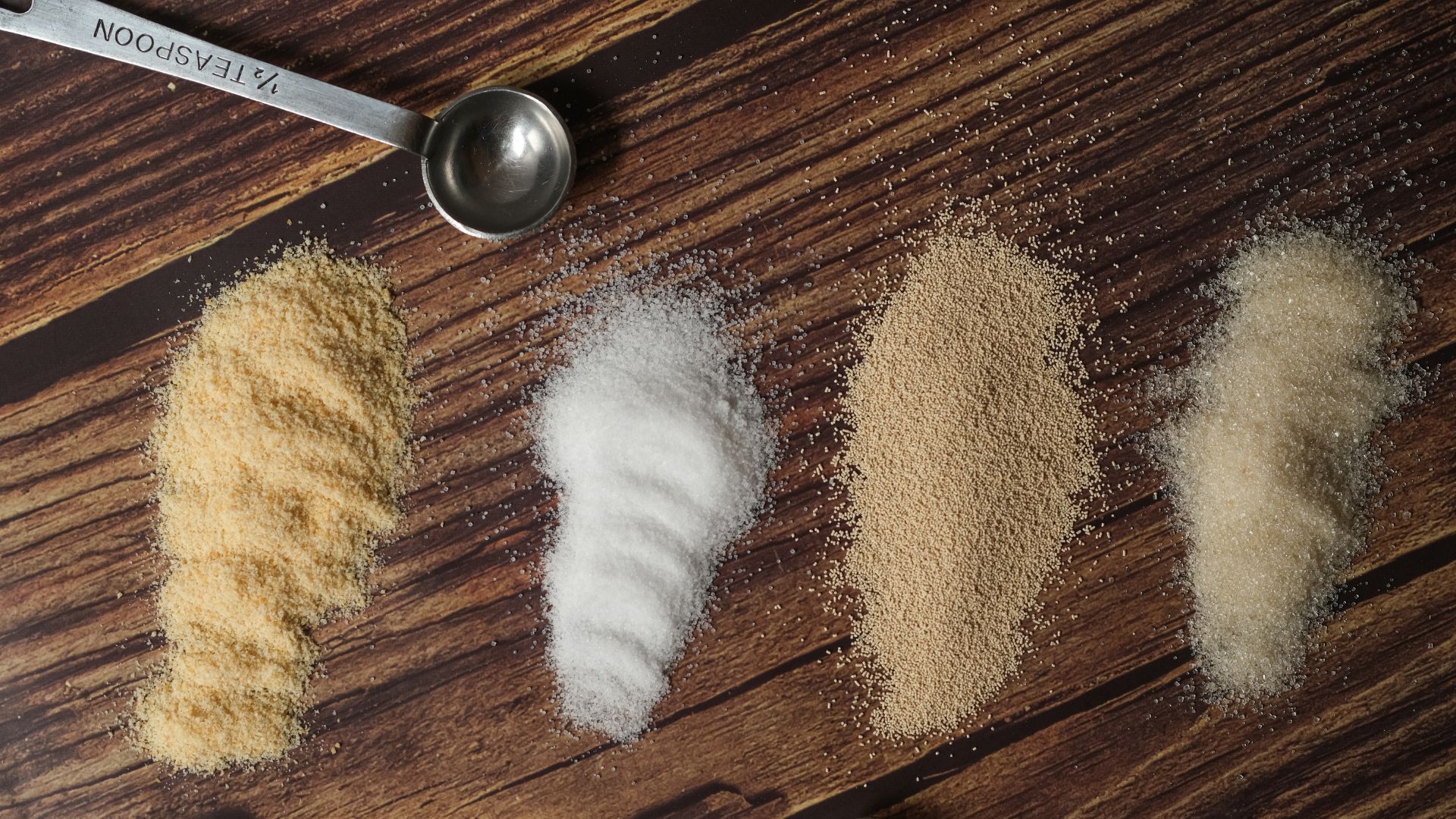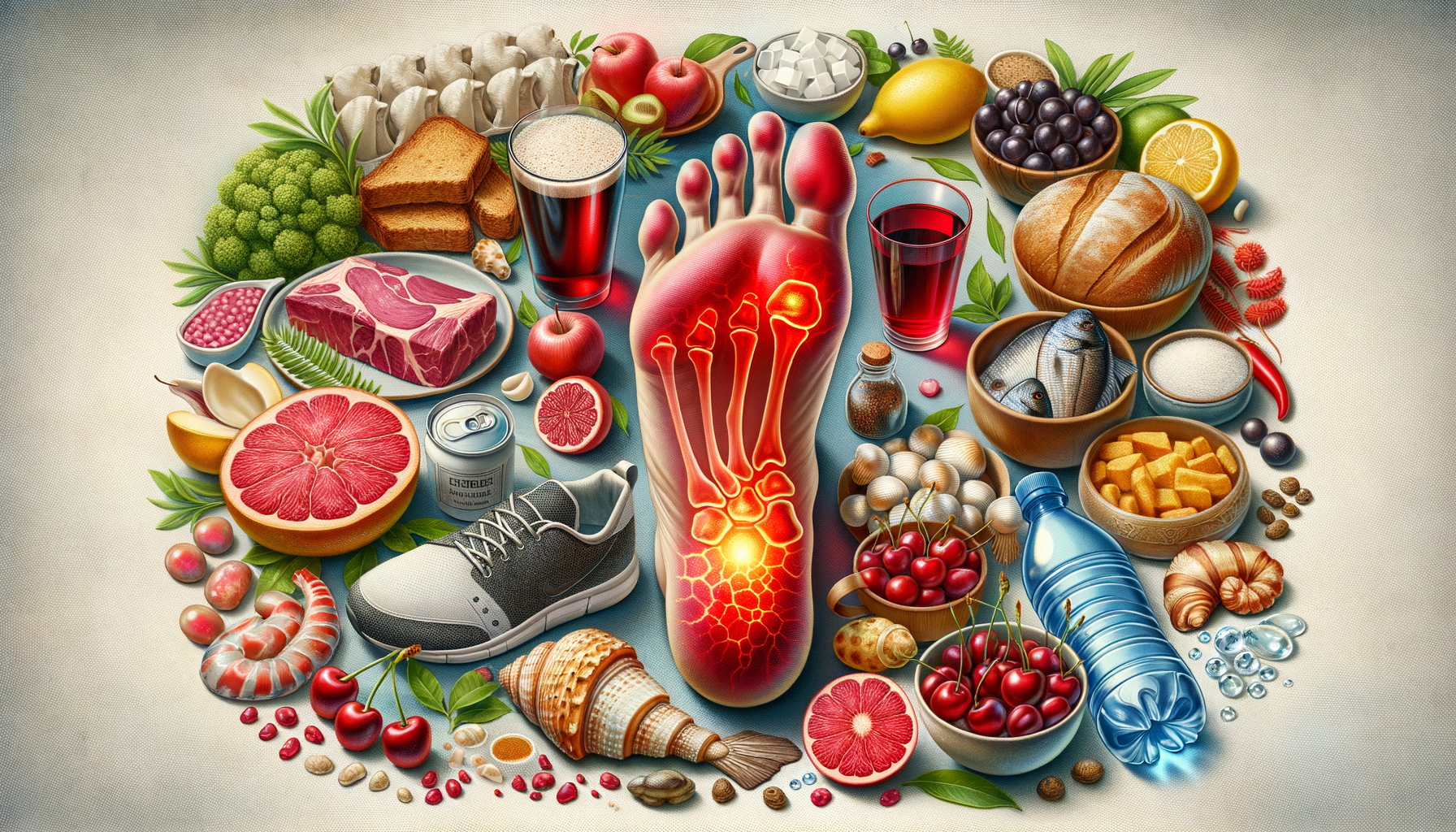Introduction to Gout: Understanding the Basics
Gout is a form of arthritis characterized by sudden, severe attacks of pain, swelling, and redness in the joints. These flare-ups often occur in the big toe but can affect other joints as well. The condition results from an excess of uric acid in the blood, which can form sharp crystals in the joints, leading to inflammation and pain. Understanding gout is crucial for managing its symptoms and preventing future attacks. In this article, we will explore various aspects of gout, including its triggers, foods to avoid, and natural relief strategies.
Triggers of Gout Flare-Ups
Gout flare-ups can be triggered by various factors, which often revolve around lifestyle and dietary habits. One of the primary triggers is the consumption of foods high in purines, which are substances found in certain foods that the body converts into uric acid. High-purine foods include red meat, organ meats, and certain types of seafood. Alcohol, especially beer, is another common trigger as it can increase uric acid levels in the blood.
Dehydration can also play a significant role in triggering gout attacks. When the body is dehydrated, it is less efficient at eliminating uric acid, leading to a buildup in the bloodstream. Additionally, stress and sudden changes in diet or weight can precipitate flare-ups. Understanding these triggers is essential for those suffering from gout, as avoiding them can help manage the condition more effectively.
Foods to Avoid for Gout Management
Diet plays a crucial role in managing gout, and certain foods should be avoided to prevent flare-ups. As mentioned earlier, foods high in purines are a primary concern. These include red meats, organ meats like liver, and certain seafood such as sardines and anchovies. Processed foods and sugary drinks, particularly those containing high fructose corn syrup, should also be limited as they can contribute to increased uric acid levels.
Alcohol, especially beer and spirits, should be consumed in moderation or avoided altogether, as it can interfere with the body’s ability to eliminate uric acid. Instead, focus on a diet rich in fruits, vegetables, whole grains, and low-fat dairy products, which can help reduce uric acid levels and support overall health.
Natural Relief Strategies for Gout
While medication is often necessary to manage gout, several natural relief strategies can complement medical treatment. Staying hydrated is one of the simplest and most effective ways to help prevent gout attacks, as it aids in flushing uric acid from the body. Aim to drink plenty of water throughout the day to maintain adequate hydration levels.
Incorporating anti-inflammatory foods into your diet can also provide relief. Foods rich in omega-3 fatty acids, such as fish oil or flaxseeds, can help reduce inflammation. Additionally, cherries and cherry juice are popular natural remedies for gout due to their anti-inflammatory properties. Regular exercise and maintaining a healthy weight are also important, as they can reduce the frequency and severity of gout attacks.
Conclusion: Managing Gout Effectively
Gout can be a debilitating condition, but with the right management strategies, individuals can lead a healthy and active life. Understanding the triggers and making informed dietary choices are essential steps in preventing flare-ups. By avoiding high-purine foods and alcohol, staying hydrated, and incorporating natural relief strategies, those affected by gout can reduce their symptoms and improve their quality of life. Always consult with a healthcare professional for personalized advice and treatment options.








